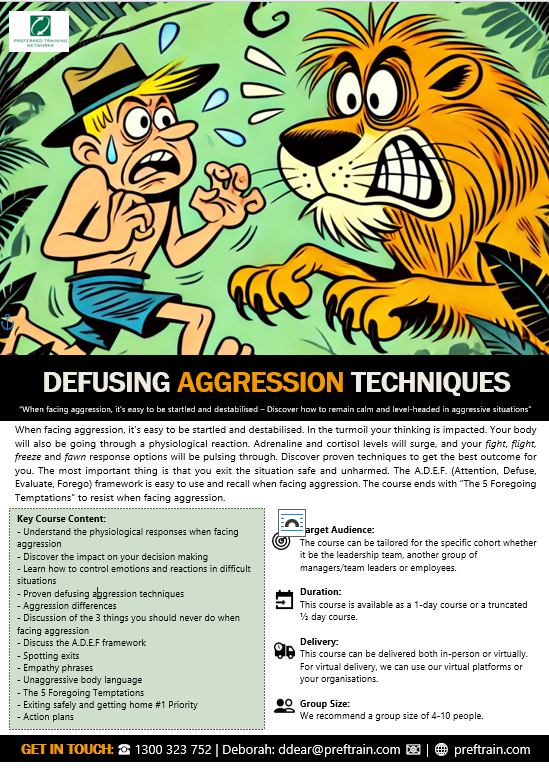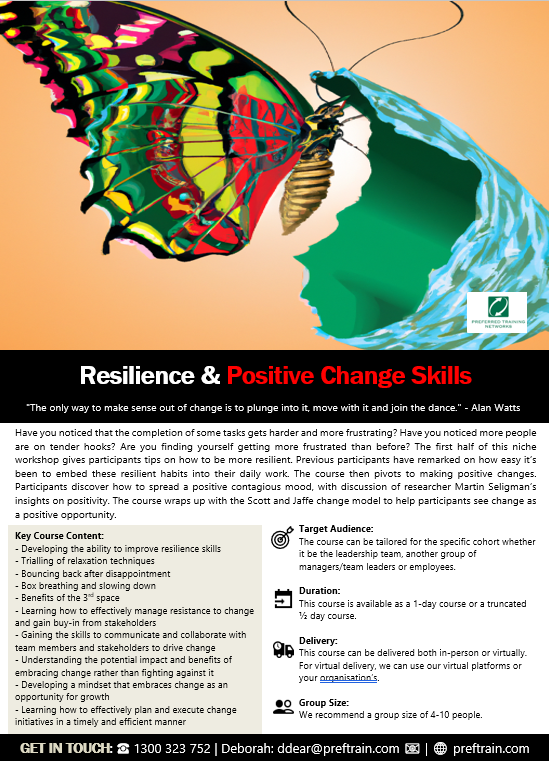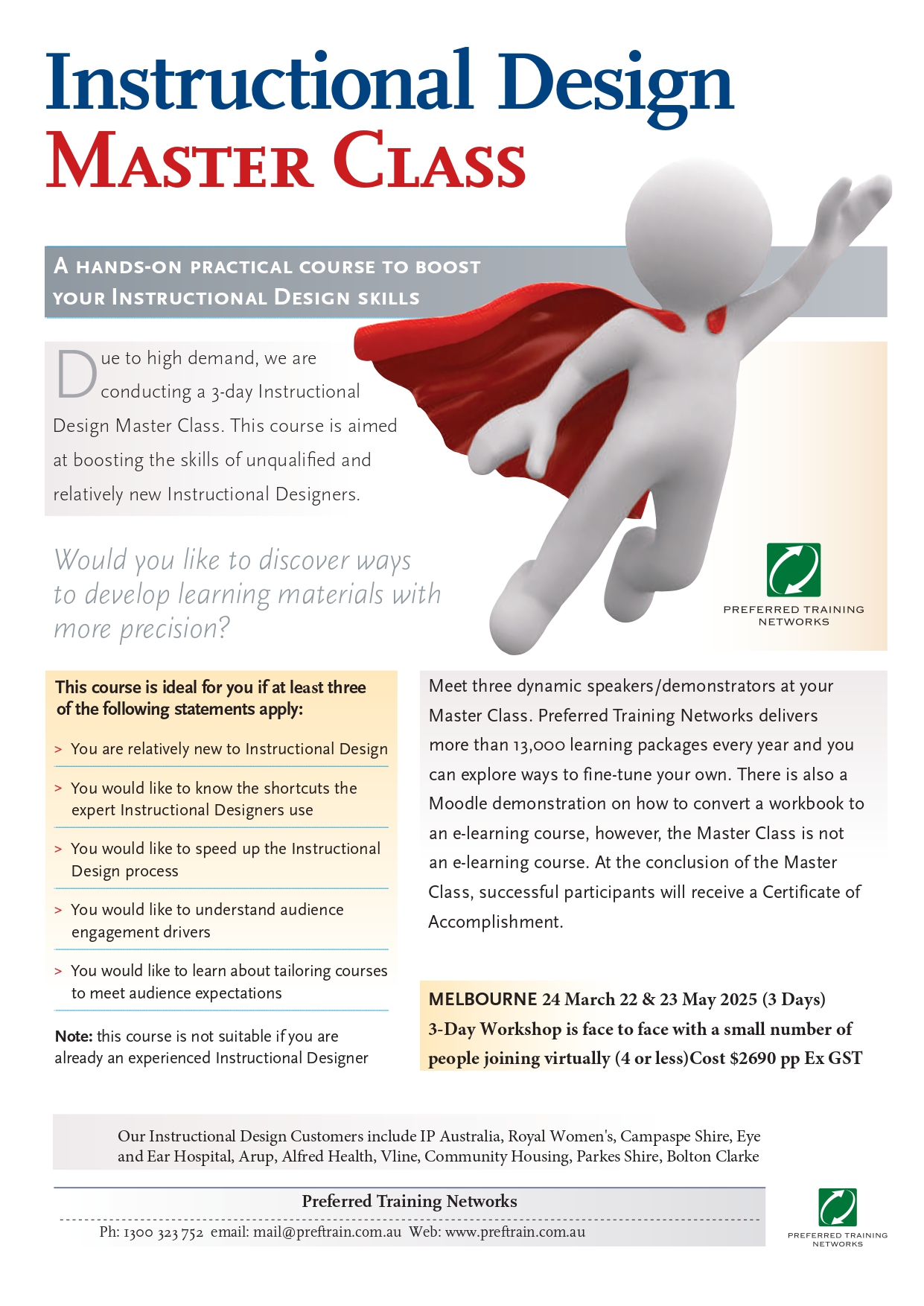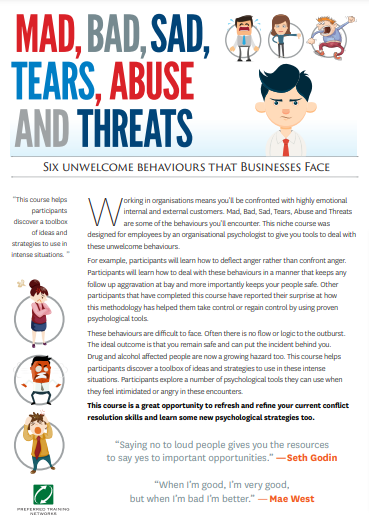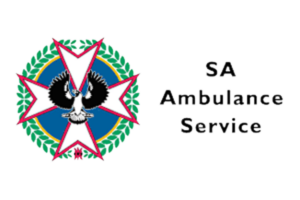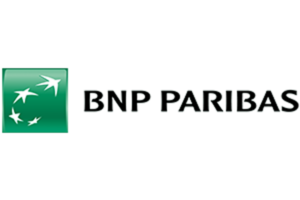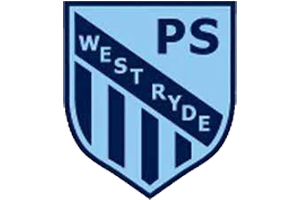Currently Empty: $0.00
Management Skills – The 7 Modes of Modern Management Training Course
This tailored in-house workshop is designed for managers across Australia who want to strengthen their people management skills while maintaining technical excellence. Too often, organisations focus heavily on technical training while allowing critical leadership and management skills to fade. This program helps managers adopt a strategic, people-focused approach to leadership through seven key roles:
Modern Management Skills Training
Why learn the draconian management skills of yesteryear?
This practical, management skills inhouse workshop equips managers with the tools to foster a “can-do” workplace culture, boost engagement, and drive organisational success. Available Australia-wide, this bespoke management skills program can be delivered as an in-house training session to meet your organisation’s unique needs.
Make no mistake, organisations require great managers to manage both technology AND people. But the loudest squeak gets the oil. Managers can get caught up in their departments and will continuously request technical training and upgrades to make their department more efficient.
Get Instant Quote in just 5 Clicks!
Course Description
- Manager as Strategist
- Manager as Productivity Director
- Managers as Change Champion
- Manager as Validator
- Manager as Coach
- Manager as Performance Consultant
- Manager as Organisational Psychologist
- Review Strategic Objectives
- Critique how objectives are measured
- Lining up all the ducks in a row
- Wise words from Drucker about the role of managers
- Strategic questions that must be applied to every task and project
- Evidence based outputs
- Getting new ideas to boost productivity
- Understanding customers needs and expectations
- Dramaturgy at Disneyland
- Time management essentials
- Analysis of Scott and Jaffe Change model
- Overcoming fear of change
- Gladwell’s tipping point
- Permeating change through the organisation
- Games people play to pull the wool over manager’s eyes
- 4 Critical questions to validate data
- Output based evidence
- Comparison data tactics
- Using the GROW model
- On-the-Job Coaching made easy
- Solution focussed coaching
- Keeping momentum with action plans
- Performance consulting essentials
- Giving and receiving feedback
- 365 PM Approach
- Courageous conversations
- Personality profiling
- Dealing with Difficult People
- Workplace Ego
- Politics in the workplace
- Resolving workplace conflict
Management Skills - The 7 Modes of Modern Management In-House Program Details
Group Size: An ideal group size is 6– 12 participants.Venue: For your convenience, you can choose to conduct this program at your offices. Alternatively, we can provide a venue at a small additional cost.Cost: Upon request.Target Audience: Team Leaders Supervisors and Managers
Australia-wide training courses and workshops
At Preferred Training Networks, we provide both in-person and online training programs for a wide range of organisations across Australia. Our Management Skills – The 7 Modes of Modern Management Training Course is run by experienced, qualified experts and tailored to the needs of your business and your employees. Our leadership and management education courses are designed to help your team thrive and develop valuable skills that can transform your workplace.
With programs available in Sydney, Canberra, Melbourne, Perth, Adelaide, Brisbane and other areas of Australia, we’re able to help businesses across the country create lasting behavioural change and provide them with the tools they need to reach new heights. If you think your business would benefit from Management Skills – The 7 Modes of Modern Management Training Course and the help of our professional coaching network, take the first step and contact our team today. Wherever you are in Australia, our coaching program can either come to your organisation or we organise a venue for your convenience. Find out what our training, workshops and skills courses can do for your business and reap the benefits for years to come.
Get your free online quote right now or give us a call on 1300 323 752 to find out more about Preferred Training Networks and discuss your requirements with us.




